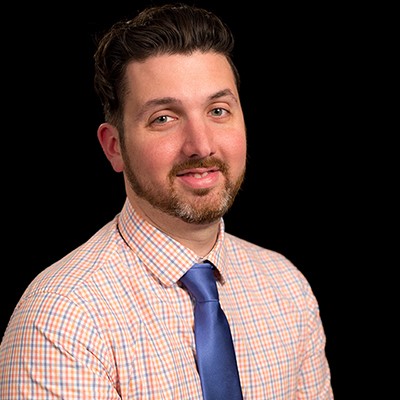by Jonathan Rockoff
Take a minute and think back to your childhood. Who were your strongest connections? Your biggest influences? It’s likely the first people who come to mind were your primary caregivers. Whether you were raised by your parents, extended family, resource parents, or someone else, your primary caregivers helped shape the person you are today. But let’s not forget the others who motivated, supported, and impacted you along the way.
Natural Supports
Was there an aunt or uncle, grandparent, family friend, neighbor, mentor, teacher, coach, or religious leader who lifted you up? Who helped you understand the world and helped you make your way? Adults in our lives who are not caregivers but are nonetheless influential are our natural supports. Think about where you would be without your natural supports.
Like everyone else, children and teens in foster care, in kinship care, or who have been adopted all have and need natural supports. Unfortunately, young people involved in the child welfare system often move homes, schools, towns, and sometimes even states. When this happens, they often leave their natural supports behind. Through no fault of their own, they lose positive connections to stable, caring adults.
This is a big loss, because for children and youth in foster care, relational permanence matters. Louisell (2008) defines relational permanence as “lifelong connections to caring adults, including at least one adult who will provide a permanent, parent-like connection for that youth.” Relational permanence is so important, in fact, that North Carolina has made it one of the primary outcomes of NC LINKS, our state’s independent living program.
You Can Help
Foster, adoptive, and kinship parents are in a great position to help sustain and nurture natural supports and relational permanence for young people. Just because a youth moves to a different home, school, or town does not mean they need to lose meaningful connections. Make it your mission to seek out those natural supports that can continue to have a positive influence and build healthy relationships.
Even small steps can help. If the youth is old enough, ask them who they want to stay connected with. If they name a coach, teacher, or neighbor, let their child welfare worker know and tell the worker you would like to help the youth maintain the relationship. Sometimes this can be as simple as connecting the youth and their natural support person through text, FaceTime, or social media.
Reinforcing natural supports can also be a great way to practice shared parenting. Ask the birth parents who they think effective natural supports are for their child. They may think of someone the child has overlooked. Plus, by asking the parents for input, you are showing them you value their insight and guidance—you are acknowledging that they are the experts on their family.
Sometimes maintaining connections to natural supports even leads to permanency. People who aren’t blood relations but who have a meaningful connection and commitment to the child can be a viable option for adoption or guardianship if reunification or kinship care are not possible.
I’ve seen this happen many times. A young person’s nurse, family friend, or teacher will start out fostering them and end up adopting them. It can be a seamless progression from the role of natural support to forever family.
The great thing about natural supports is that a youth can never have enough. Never miss an opportunity to encourage every child and youth in your care to form positive and healthy relationships with caring adults. After all, you never know which connection could provide the support they need, when they need it the most.
Jonathan Rockoff is a Training Specialist with the Family and Children’s Resource Program at the UNC School of Social Work


